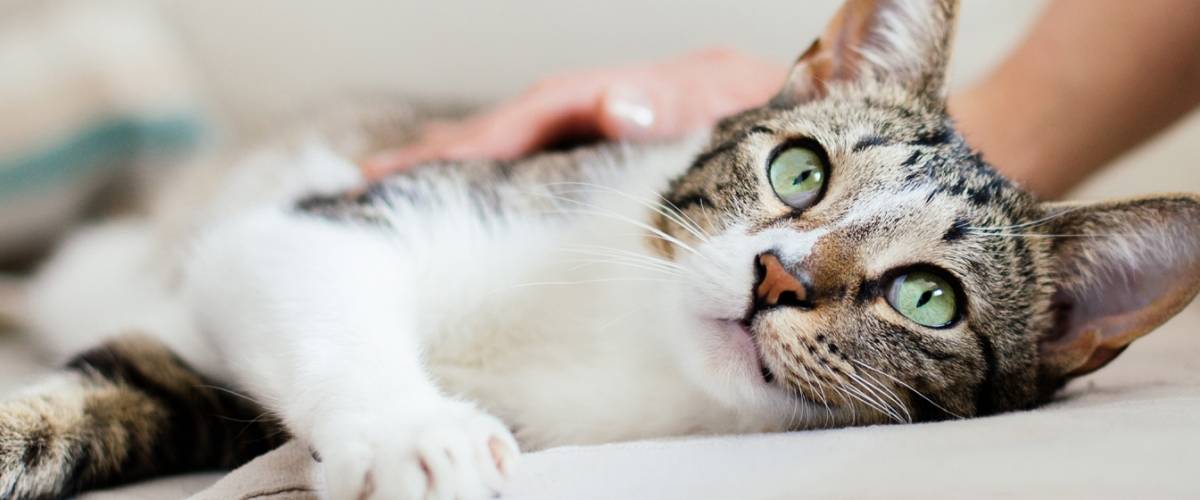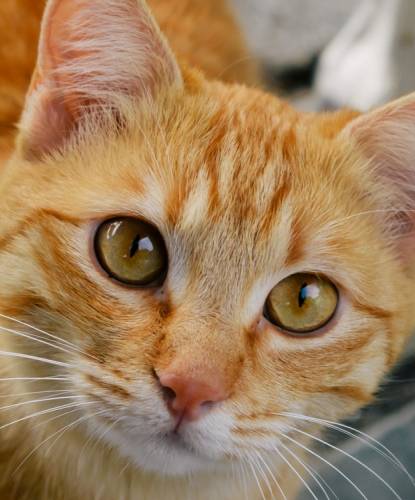
March 5, 2020 – If your cat regularly visits a veterinarian, you have been touched by our research. From vaccines to diagnostic tools to the safety and dosing of drugs, Morris Animal Foundation’s long history in the world of veterinary research has helped our cats live longer, healthier lives.
Despite huge strides in cat health made over those years, there still is so much more we need to do to improve the care of our feline friends. But we are making a difference every day, thanks to the many cat lovers who support our mission to advance feline health.
Here’s just a few of the top cat diseases being targeted by Morris Animal Foundation-funded research that your gifts help support:
- Feline infectious peritonitis (FIP), a feline-specific coronavirus, affects less than 1% of cats seen by veterinarians for treatment, but is 100% fatal. In a small pilot study, researchers tested a novel antiviral drug with amazing results for cats at early stages of the disease. In another study, researchers are working on an oral vaccine to stop FIP before it starts.
- Upper respiratory disease is the most frequent cause of illness for shelter cats and is one of the top reasons for euthanasia. Researchers found infection in shelter cats can be dramatically decreased by doubling cage sizes and providing cats with two compartments instead of one. Other researchers are working on why some cats are resistant to infection, even if they’re sharing a home with a chronically infected cat.
- In the last 10 to 15 years, feline panleukopenia, a highly contagious viral disease of cats caused by the feline parvovirus, has re-emerged as a major cause of death in shelter-housed cats. Researchers are trying to understand why these new outbreaks are occurring. Findings will be used to inform future vaccination strategies to help protect and reduce fatalities in cats worldwide.
- Heart disease is one of the biggest killers of cats. It’s very common but often undiagnosed, as many cats don’t reveal symptoms. Researchers developed a new two-minute screening technique that could help veterinarians catch the disease earlier to help save cat lives.
- By some estimates, chronic kidney disease affects about 50% of older cats (10+ years of age). It’s been long recognized that chronic kidney disease can cause stomach ulcers. Antacids are commonly used for these patients, but researchers want to know if antacids are helpful or not for these patients.
To support Morris Animal Foundation-funded cat health studies, please make a gift today. Cats everywhere are counting on us.

STAY CONNECTED
Sign up for emails to find out how we're impacting the future of animal health.




